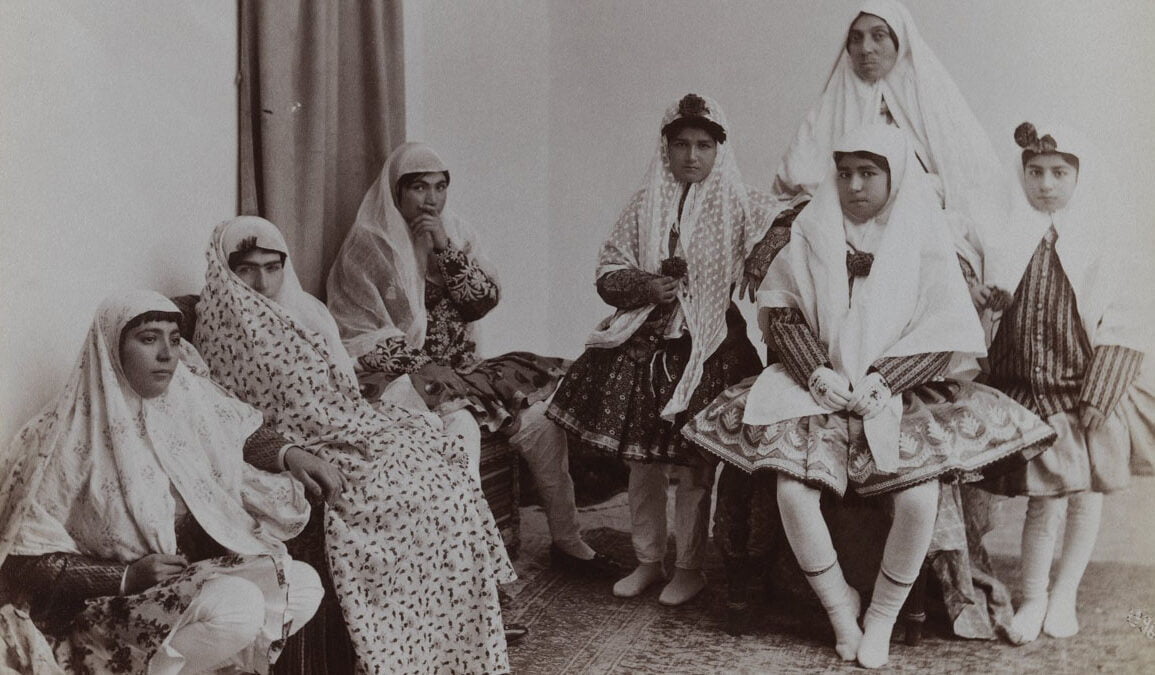Life for women in Afghanistan under Taliban rule has become even more restrictive with the announcement of a new morality law, further deepening their oppression.
This Sharia-based law mandates that women must cover their faces and bodies while in public, forbids them from raising their voices outside the home, and urges them to stay indoors as much as possible.
“We’re afraid whenever we leave the house. On the bus, we’re afraid. We don’t dare remove our face coverings,” one woman told the BBC anonymously. “We avoid speaking to each other because if a Taliban member overhears us, they could stop and question us. Without the ability to speak, what kind of life do we have? We’re just like walking corpses.”
Experts warn that the oppressive environment has triggered widespread mental health issues, with many Afghan women suffering from severe depression and suicidal thoughts due to these extreme restrictions.
Taliban leader Hibatullah Akhundzada, who refers to the law as “promoting virtue,” has also imposed regulations on men, requiring them to maintain neatly trimmed beards and forbidding the wearing of shorts that end above the knee. The law further bans public music, the celebration of non-Muslim holidays, keeping photos of living things, homosexuality, and animal fighting. The Taliban’s Propagation of Virtue and Prevention of Vice Ministry, often called the “morality police,” will enforce the law, using punishments ranging from verbal reprimands to detentions.
One woman, who had been attending an English class, told the BBC that the fear generated by this new law has forced her to give up one of her few opportunities to leave the house. “I stopped going to the course because I knew that if I went outside, I’d end up speaking, and who knows what could happen? I might not make it home safely.”
Unsurprisingly, the announcement has sparked international outrage. Rosa Otunbayeva, head of the UN Assistance Mission in Afghanistan, called it a “disturbing vision for the country’s future.” The European Union issued a statement condemning the law as a “systematic abuse that could lead to gender-based persecution, which is a crime against humanity and will further isolate Afghanistan from the global community.”
For the few women defying the Taliban by running secret schools, these new restrictions make their mission even more dangerous. Shireen, an educator in the underground schooling movement, told the BBC she prays daily for her survival. “When the new law was announced, I explained it to my students and warned them that things would get even harder. To the Taliban, women are not human beings—they’re just objects meant to stay inside.”
This new law was unveiled during Akhundzada’s rare visit to northern Afghanistan, marking his first appearance in the region since the Taliban took over in 2022. The reclusive leader typically runs the country from an undisclosed location in Kandahar province. Notably, just months before the announcement, Taliban officials participated in a UN-led discussion about engagement with Afghanistan, though women’s rights activists and civil society representatives were excluded from the talks at the Taliban’s request.
To make matters worse, the Propagation of Virtue and Prevention of Vice Ministry has refused to collaborate with the UN mission, further distancing itself from international efforts to address the deteriorating situation for Afghan women.
Author’s Note: This tragic development is precisely what was feared when President Joe Biden’s administration mishandled the U.S. withdrawal from Afghanistan in 2021.








